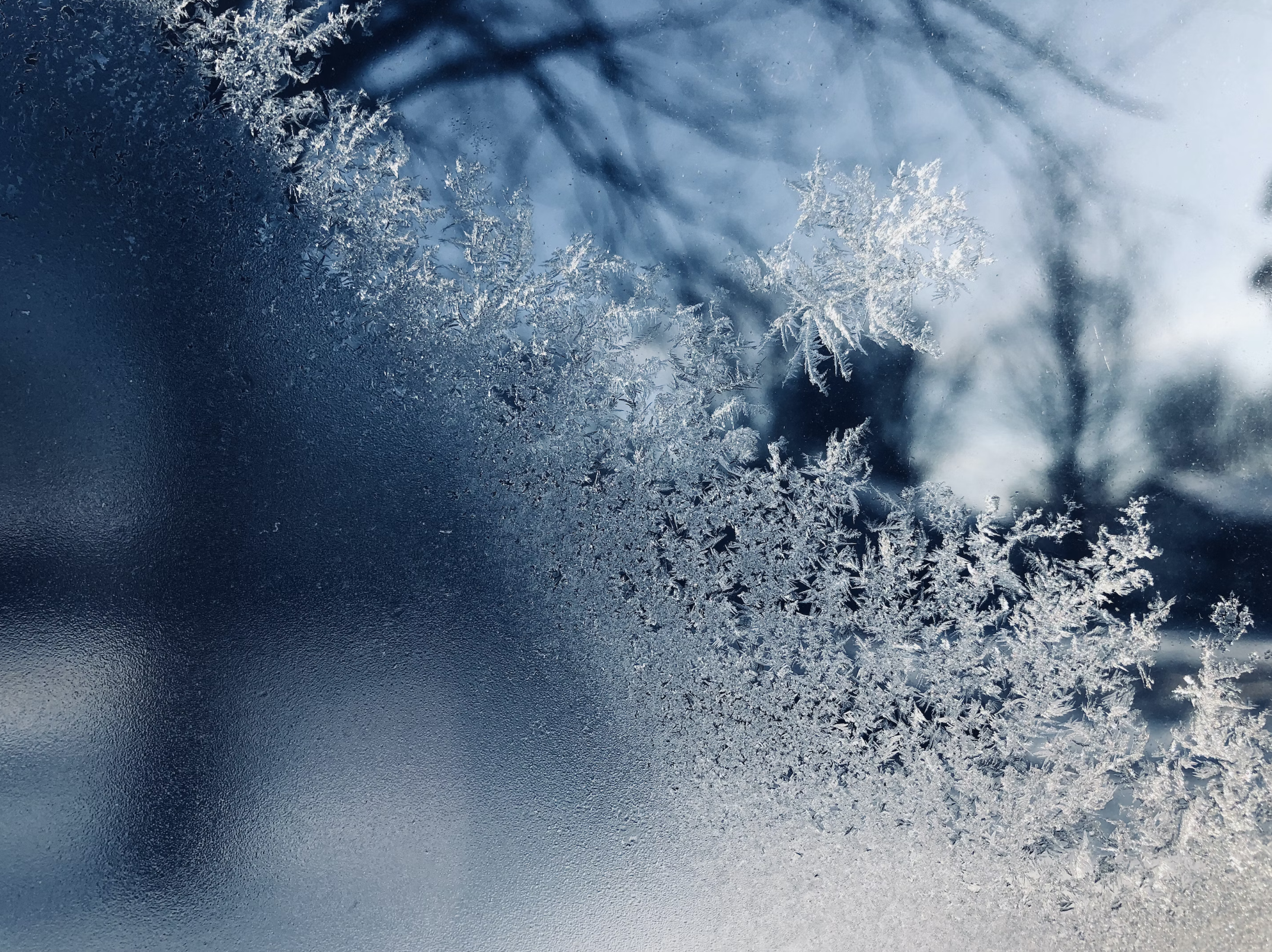
Fighting Fires in Freezing Temps: How to Avoid Frozen Fire Sprinkler System Pipes
As winter tightens its grip on the Northeastern United States, residents and businesses in Pennsylvania, New Jersey, and Delaware are no strangers to plummeting temperatures.
Between the picturesque snowfall and crisp weather, winter freezes are commonplace in our region, often bringing a range of hazards — including frozen water pipes.
This is especially troublesome for business owners who rely on fire prevention sprinkler systems to protect their people and property from the unexpected. A sprinkler system is the first line of defense against fire damage, but it’s rendered ineffective if the pipes are frozen.
Luckily, you can keep your fire sprinkler system fully functional this winter season with just a few pro tips from Kistler O’Brien Fire Protection.
Maintain Proper Temperatures for Your Fire Sprinklers
One of the most effective ways to prevent frozen sprinkler pipes is by maintaining a proper temperature within the premises. Fire protection systems are susceptible to freezing when the ambient temperature drops below a certain point. By keeping indoor temperatures above 40°F, you can prevent your pipes from freezing.
To keep temperatures up, leave the heat on, not only during business hours but also overnight and on weekends. Consistent heating ensures the pipes remain above the freezing point, safeguarding your property even when it’s unoccupied.
Additionally, proper insulation plays a crucial role in preventing heat loss. Insulating pipes in vulnerable areas, such as attics, basements, and crawl spaces, helps retain heat and minimize the freezing risk. By investing in insulation, you create a protective barrier that shields your fire sprinkler system from the harsh winter elements.
Install Pipe Freeze Protection Systems
Consider installing pipe freeze protection systems for an extra layer of defense against frozen pipes.
These systems are designed to monitor and regulate the temperature of the pipes, activating when temperatures approach freezing levels. Utilizing advanced technology, pipe freeze protection systems can detect potential freezing conditions and initiate measures to keep the pipes from reaching a critical low temperature.
This proactive solution not only ensures the continuous operation of your fire sprinkler system but also provides peace of mind during the coldest months.
Leverage Antifreeze Solutions
In Pennsylvania, the average temperature in January is about 28°F, just below freezing. In regions like this, where extreme cold is a persistent wintertime threat, antifreeze solutions can keep your fire sprinkler systems in desirable shape.
Antifreeze solutions are designed to lower the freezing point of water, preventing pipes from solidifying in subzero temperatures. However, it’s crucial to use the appropriate antifreeze solution recommended by experts to avoid potential complications.
Consulting with a professional fire protection company can help you determine the right antifreeze solution for your specific system and ensure its proper application.
Keep Up With Regular Maintenance
Always be sure to stick to a fire equipment maintenance schedule. Regular maintenance by qualified professionals guarantees the optimal functioning of your fire sprinkler system. Professional inspections can identify potential issues, including insulation gaps, faulty heating systems, or aging components that might compromise the system’s integrity.
Scheduled maintenance not only extends the lifespan of your fire protection system but also ensures that it operates reliably when you need it the most.
Winterize Your Fire Sprinkler System Today
At Kistler O’Brien Fire Protection, we understand the unique challenges posed by winter temperatures in Pennsylvania, New Jersey, and Delaware. Our experienced professionals can assess your fire prevention sprinkler system, provide tailored solutions, and ensure your property remains protected, even in the harshest winter conditions.
Winter may be cold, but your fire protection measures shouldn’t be. Contact us today to schedule your fire sprinkler system service.

